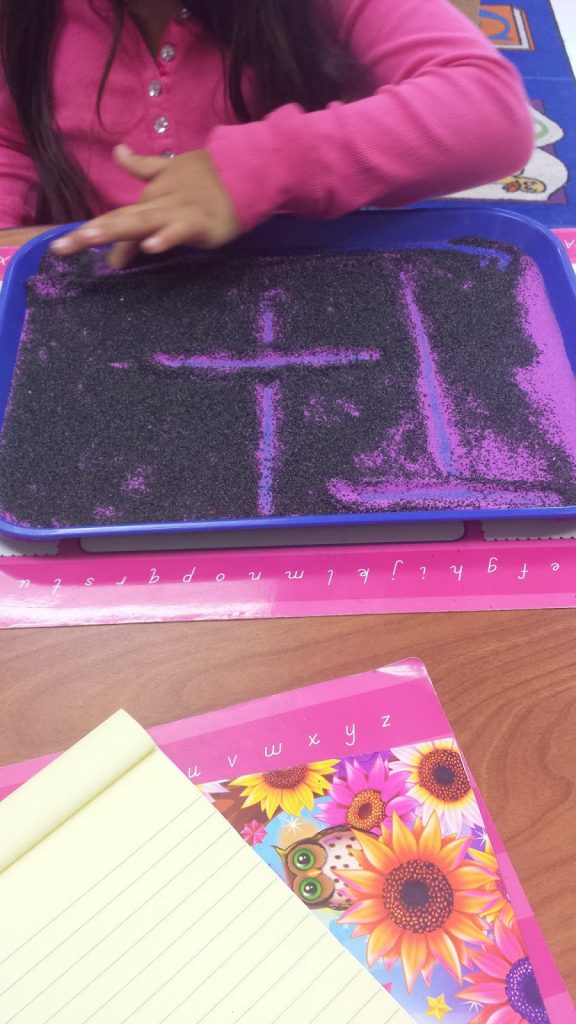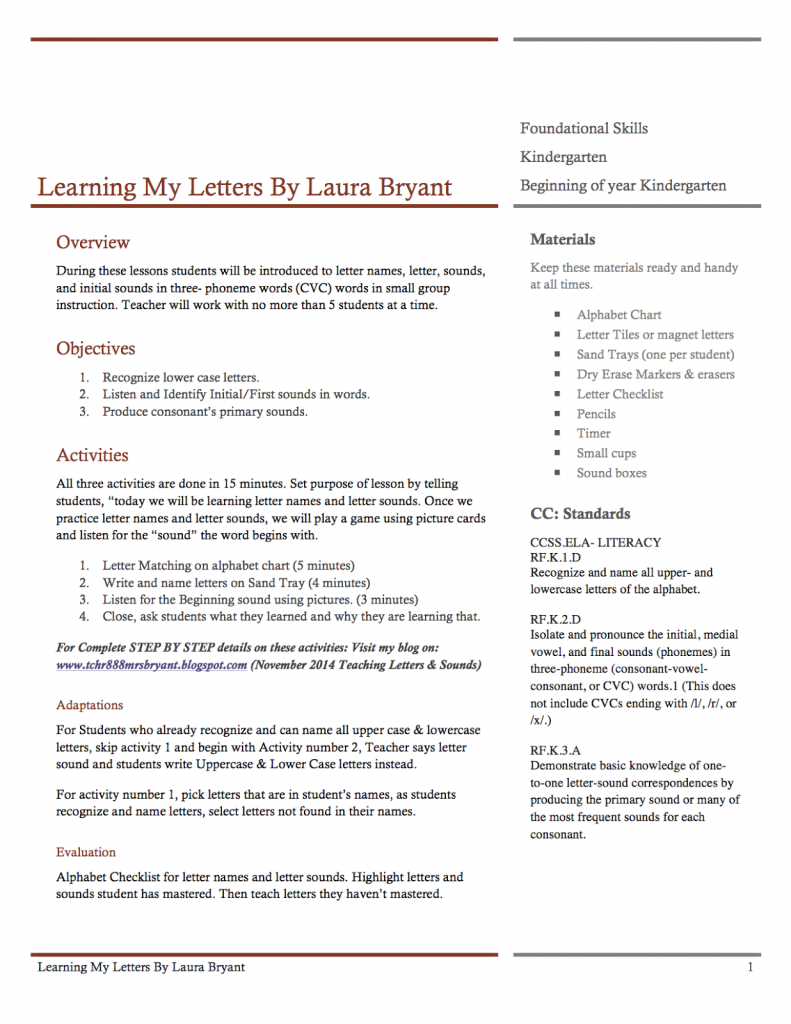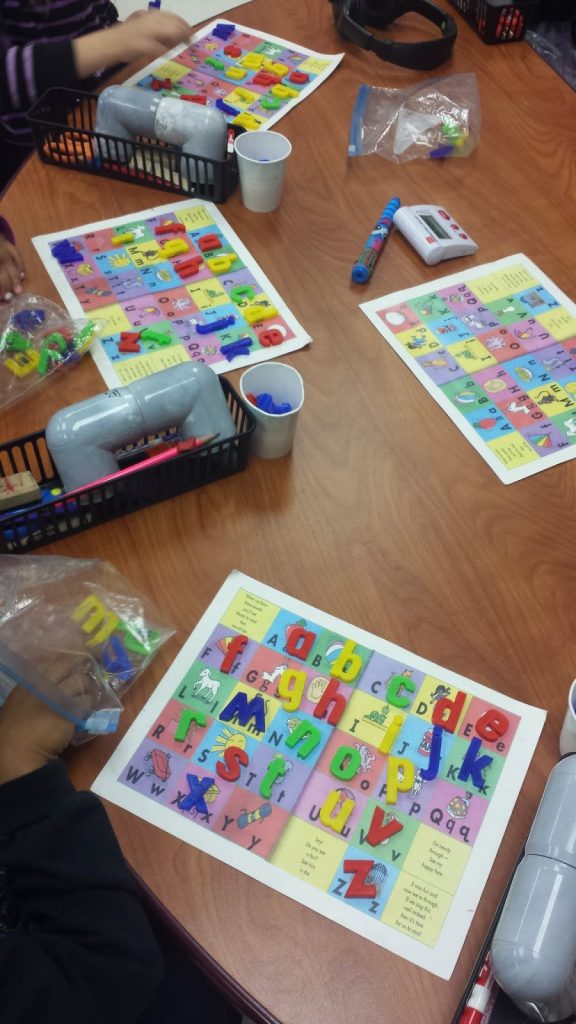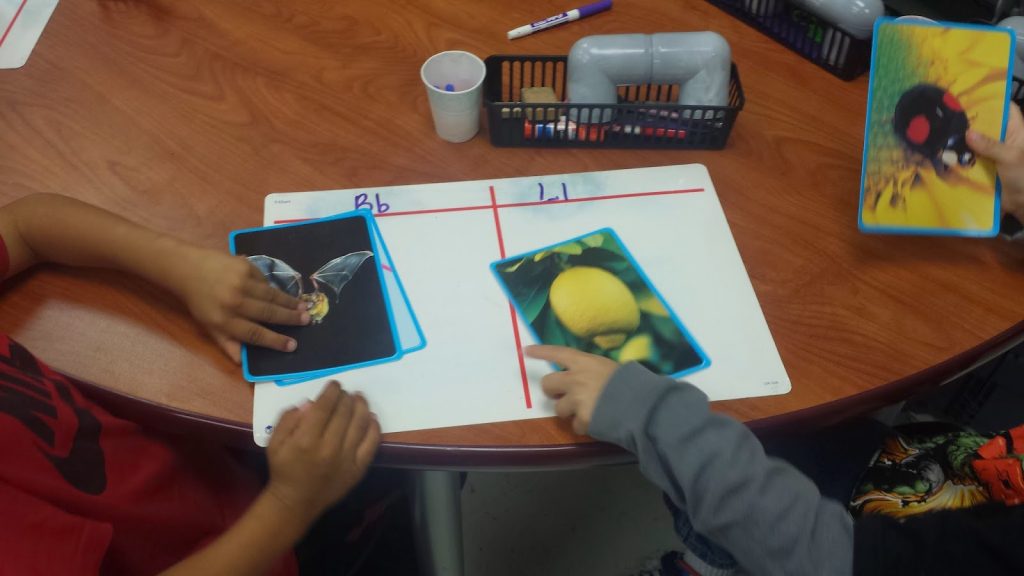Thinking about my first year in a kindergarten classroom is kind of embarrassing. While I was excited about teaching and landing my first job and having my own classroom, I realized I was clueless about teaching kids how to read. I seriously thought my college classes had prepared me for that part of instruction, I mean they told us about running records, reading levels…. for actual readers, but what about Kinders who come in with a clean slate??!!! I mean seriously, education is literally trial and error, you either hit or miss, and when you miss, you better have plan B, C, D, E, F, G etc…. ready to go! I remember going to veteran teachers and asking for help, going on line and googling “how to teach kids how to read” and at the end of the day I still felt so empty handed. Even at our team meetings and planning, I just felt like what I was learning and planning didn’t coincide with the foundations student’s needed to become emergent readers, something was missing.
One of those weary days I decided to ask our Speech Pathologist for advice. She would come in twice a week and work with several of my students and on one of those days, I built up the courage (she just seemed unapproachable “older” and always on the run ) to ask her what her idea of teaching kids how to read was! Oh my… it was the best day ever (I can still hear angelical choir, voices, and trumpets in the back of my mind) as I was Enlightened on what students needed at that age in order to develop those reading foundational skills: Phonics, Phonemic and Phonological Awareness Skills!!!!! Let me just add, that she is still working at my school and I LOVE HER TO DEATH, I call her my phonemic awareness Guru! Whenever I need help with anything I go to her first! Anyhow, all along I had been playing, singing, and drilling kids on PHONICS…. PHONICS….PHONICS… and then expecting them to read, boy was I misinformed! That night, I remember trying to remember everything she had told me because what she was saying and telling me JUST MADE SENSE!!! So, for the next month or so I decided I would become an expert on what phonemic and phonological awareness is and was, I researched it, and planned everything along Phonemic and Phonological Awareness, IT MADE THE DIFFERENCE!!
Taaaadaaaa! Here I am today sharing what small group instruction looks like in my classroom. By the end of the year 100% of my kindergartners CAN READ and WRITE, no joke! I previously blogged about what my morning looks like and what the rest of the class is doing, while I teach kids phonemic and phonological awareness skills, to read about it and see pictures click here.
Part one of Four. This is what beginning of year looks like. In December I will post part two, so you can see and read the difference.
When students come to my table, I have everything ready to go. I set the purpose for the lesson by telling them exactly what we will be learning about. Then I ask them, “what are you going to learn today?” and wait for their response.
1. Letter Matching Activity (5 minutes) Example:
Teacher: Hi boys and girls, today we will learn about letter names and letter sounds, what will we learn about? (wait for student response)
Teacher: Great! First, we will match the letters in our cups to our chart and say the letter name, what will we do with the letters in our cup? (wait for student response)
Teacher: Ok, here we go, I have a teacher set of EVERYTHING they have so I can model, model, model. (Some may need more modeling than others, depending on their level)
 |
| Look closely and you can see my notebook, where I write down student observations. |
3. Initial/First Sound Activity (3 minutes) Example:
Hope this makes sense! Click here to download the free lesson plan and alphabet checklist!




Leave a Reply